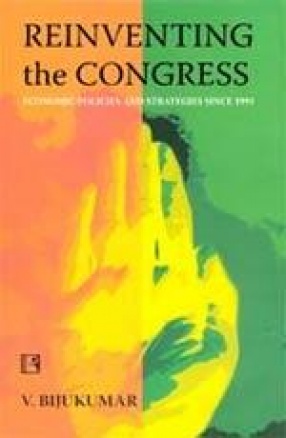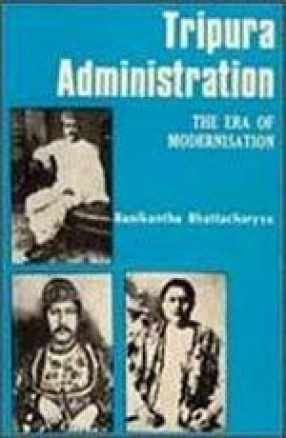In the 1990s, an academic interest aroused from certain quarters to locate the Congress Party in the context of the three trends in Indian politics like Mandal, Mandir and Market. This study focuses on the policies and strategies of the Congress in relation to its emphasis on the role of the developmental state and its transition towards market-oriented development in the 1990s. the Congress Party, which developed an intrinsic relationship between the developmental state and market for its mobilization, strength and domination in Indian politics over a period of time, was at the receiving en of the crisis. Since the market-oriented economic reforms attacked the developmental state, it contributed to the deinstitutionalization of the party. By shifting the developmental strategy from the state-oriented to a market-oriented one, great harm has been done to the Congress Party and its legitimacy over Indian politics. During the second generation reforms under the BJP-led NDA government, the Congress Party underwent a process of introspection and reiteration. Then, it realized that the policies of socialism and social justice, which were anathema for it during the economic reforms under the Rao regime, have the potentiality to mobilize the alienated social groups and thereby reinvent its space in Indian politics.
Tripura Administration: The Era of Modernisation (1870-1972)
This Volume probes into the ...
$16.20
$18.00





There are no reviews yet.